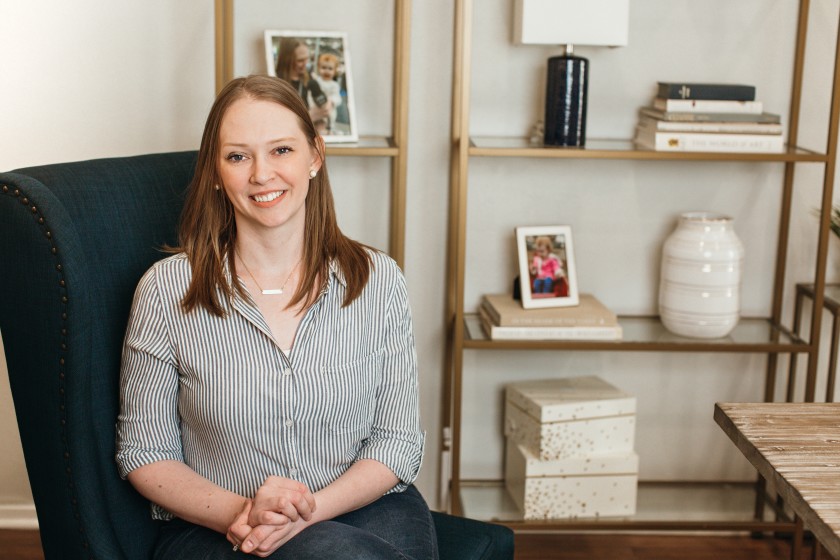The field of financial planning, historically bedeviled by a dearth of meaningful work experience opportunities for new planners, could be poised to take a “quantum leap” forward.
Next month the FPA, with TD Ameritrade Institutional, is launching an unprecedented virtual “externship” designed to provide work experience to student planners and career changers left in the lurch in quarantine without internships this summer. Organizers say there’s no upper limit to the number of students the program can handle, though demand is unlikely to exceed the low thousands.
“I’m not aware of anything like this that’s been done before and I don’t think anyone would have thought about it if we hadn’t been dealing with all these external constraints in this [coronavirus] pandemic,” says J.D. Bruce, president of Santa Monica, California-based Abacus Wealth Partners, one of the first RIAs to sign up for the program.

Abacus canceled its own in-person internship program planned for this summer because it didn’t feel it could put together a quality virtual program on such short notice, he says.
The FPA program is “an example of the innovation you get under pressure,” Bruce says.
Scheduled for eight weeks, from June 1 to July 30, the program will confer 160 hours of work experience credit toward CFP certification.
“This virtual program will fill a major a hole left by internship cancellations,” says Martin Seay, the FPA’s president who also runs the financial planning program at Kansas State University and has seen a wide swath of students who’ve lost internships due to the pandemic.
The roster of participating firms is still being finalized, but Hannah Moore, the 33-year-old RIA owner organizing the externship program, says she expects to easily fill ranks for the program, which will cover the following subjects:
• Week #1: Investment planning
• Week #2: Insurance and risk management planning
• Week #3: Client communication and care
• Week #4: Cash flow planning
• Week #5: Student loan planning and college planning
• Week #6: Retirement planning
• Week #7: Tax planning
• Week #8: Estate planning
The five-day-a-week program will include case study assignments with practitioner mentors on Mondays, software training related to that week’s focus area on Tuesdays, office hours with practitioner mentors on Wednesdays, office hours with technology partners on Thursdays and the submission of case studies and closing sessions to ensure proficiencies on Fridays.
Participants also can attend virtual happy hours to connect with peers and practitioner mentors. The FPA hopes the program will attract not just current students, but planners who have recently lost their jobs in the economic downturn or professionals looking to make a career transition into financial planning.
While the program’s size may mean few students will interact one-on-one with the planners from participating firms, the idea is for them to get supplemental one-on-one time with volunteer FPA members in their local chapters, Moore says. She expects the program will offer other compensatory benefits, as well.
Moore, who runs her own RIA, Guiding Wealth in Richardson, Texas, also helped start the FPA’s NextGen program in Dallas-Fort Worth.
Given that interns have traditionally been siloed in the firm where they work, participants in the program will be exposed to more variety as represented by the FPA’s 22,000 members, Moore says.
“What you get from the FPA and what you get from its community is this completely diverse perspective,” Moore says. “I can walk into an FPA event and sit at a table of eight people. They are all running their businesses a little differently.”
Another advantage of the program is that it will require fewer hours than in-person internships, Moore says. That means many students will be able to enroll while simultaneously working other jobs to pay their rents.
Abacus’ since-canceled in-person internship program was intended for students of color, according to Bruce. But, even without the pandemic, the firm “ran into serious problems” creating a workable opportunity.
Often students from lower-income backgrounds “can’t afford to take that time away” even for a paid internship, when they could make more money elsewhere, he says. And some may lack the means to drive to an internship.
But the shorter hours in the FPA program will let them work other money-making jobs at the same time.
“I’m hoping this becomes a model for a different type of internship,” he says.
Recently the XY Planning Network launched a virtual “internship in a box” program to help firms in similar situations continue with their planned internships even if they can’t happen in person. As of last month, more than 250 students and 50 firms had expressed interest in that program.
The FPA Virtual Externship is free for FPA members. Full-time students can become members for $39 a year and CFP certificate students can join for $119 a year. The externship is free with any membership level.
Sabrina Lowell, managing partner and director of the San Francisco office of RIA firm Private Ocean, says she got her start at the company 18 years ago as an intern.
Now her firm plans to expand its ability to potentially reach more interns than they ever could before over a single summer through the new FPA program, she says.
‘It’s really exciting that if they are able to put this to scale to thousands of students,” Lowell says. “That is pretty cool, especially that it came out of this [pandemic] situation that is enabling this quantum leap.”
Leave a Reply